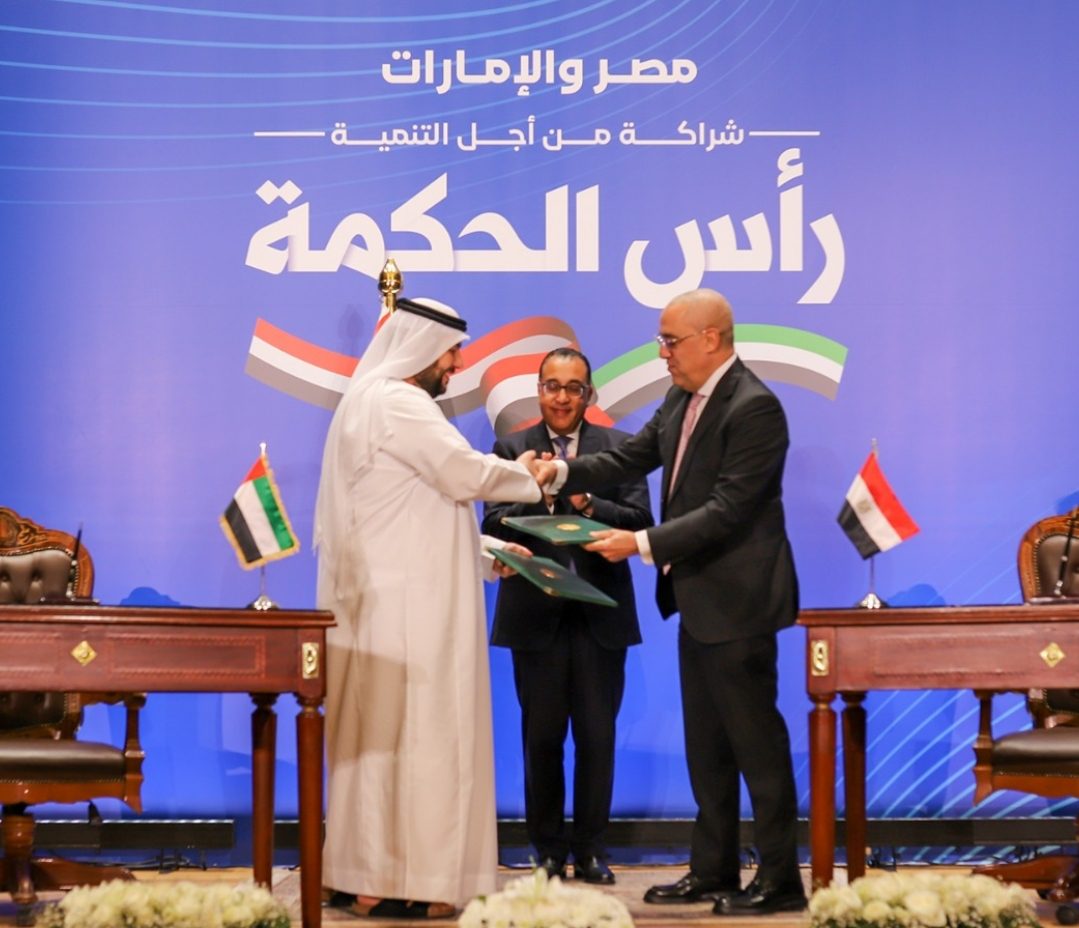How Ras El Hekma deal could boost investor confidence in Egypt – Dailynewsegypt


Egypt has been struggling with a dollar liquidity crisis for the past two years, which has hurt its economic performance and foreign investment inflows. The pound has also depreciated sharply against the dollar in the parallel market, affecting the prices and inflation rates of goods and services.
However, a recent deal signed by Egypt and the UAE to develop the Ras El Hekma project on the North Coast could change the course of the Egyptian economy. The deal, worth $150bn over the project development period, will inject $35bn of direct foreign investment into the Egyptian treasury within two months. This will increase Egypt’s foreign currency reserves and help stabilize the pound exchange rate. The deal is expected to create millions of job opportunities, stimulate economic growth, and attract more tourists to the country.
But is this deal enough to restore investor confidence in Egypt? And what are the long-term implications of this massive investment?
Ahmed Abdelgawad, Co-Founder of ADSERO – Ragy Soliman & Partners, said the Ras El Hekma deal is a significant step for the Egyptian government to overcome its current challenges. He said that the deal would have a positive economic impact, but it would take some time for the dollar liquidity to flow into the market and give the government more flexibility in liberalizing the exchange rate.
Abdelgawad also stressed that the deal was a temporary and reasonable solution and that the government should focus on solving the root problems of the economy, such as localization industry, and agriculture, and diversifying the sources of income.
Net foreign direct investment in Egypt reached $66.7bn over the past ten years, according to data from the Central Agency for Public Mobilization and Statistics. The agency reported that net foreign direct investment increased to $5.7bn during the first half of the fiscal year 2022-2023, compared to $3.3bn during the same period of the previous fiscal year.
Amr Namek, Partner and Head of Corporate Commercial – Egypt at Al Tamimi & Company, said that the Ras El Hekma deal would have a lasting economic return, as the development process would continue to generate revenues and create jobs. He added that the deal would also boost the tourism sector, which would bring more dollar income to the country in the medium to long term. He said that the real recovery would be visible in the long run.
Namek also said that the agreement with the International Monetary Fund and other development partners would enhance confidence in the Egyptian economy and encourage more investments.
He said that the dollar inflows from the deal would create stability in the exchange rate and the capital market activities.
Emad Barsoum, CEO of Ezdehar, said that the deal sends a positive signal to investors and boosts their confidence. He said that the gradual increase of dollars in Egyptian banks would improve the dollar liquidity situation. He also said that the deal’s benefits would be confirmed by the next steps, but the government should focus on correcting the economic course and empowering the private sector to meet its needs and create real development opportunities.
Barsoum added that the biggest challenge for direct investment companies lately has been pricing deals amid the gap between the official and parallel exchange rates. He said that the current opportunity to fix the problem would lead to a recovery that might not be immediate but would be expected shortly as the dollar liquidity becomes available.
Hany Tawfik, an economic expert and managing director of Vantage for securities brokerage, said that estimating the economic impact of the Ras El Hekma deal requires a detailed analysis of the assumptions about the project inflows, especially with a heavy debt repayment schedule ahead of us this year. However, he said that this does not diminish the deal’s positive role in advancing reform.
He said that the dollar proceeds would be used for debt repayments, customs exemptions worth billions, requests to open documentary credits to run factories, and the transfer of investors’ profits that have been delayed for months.






